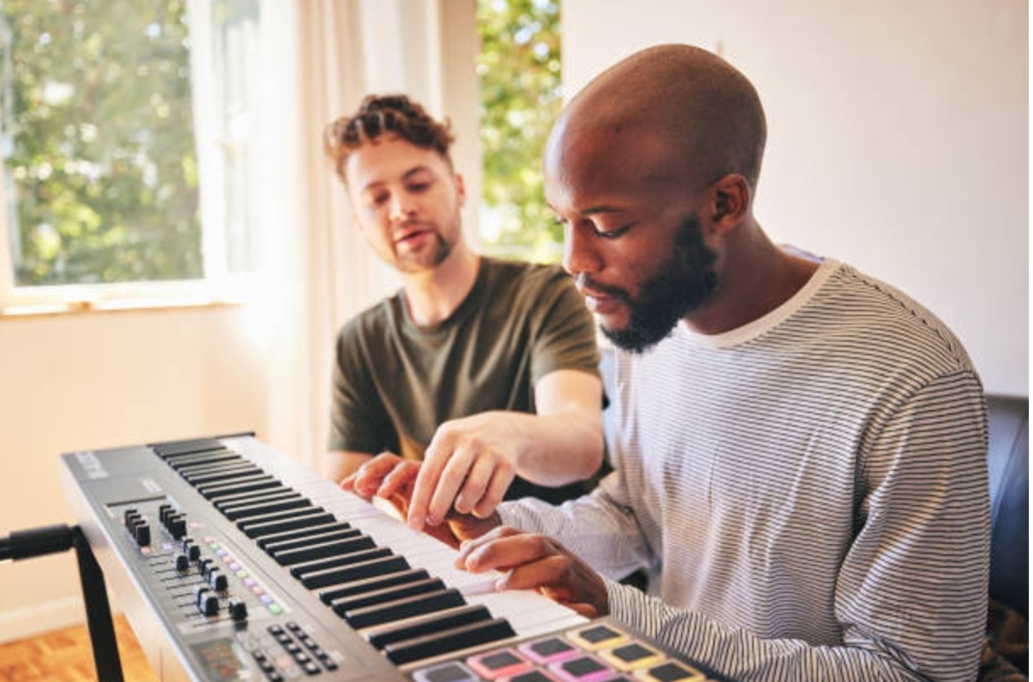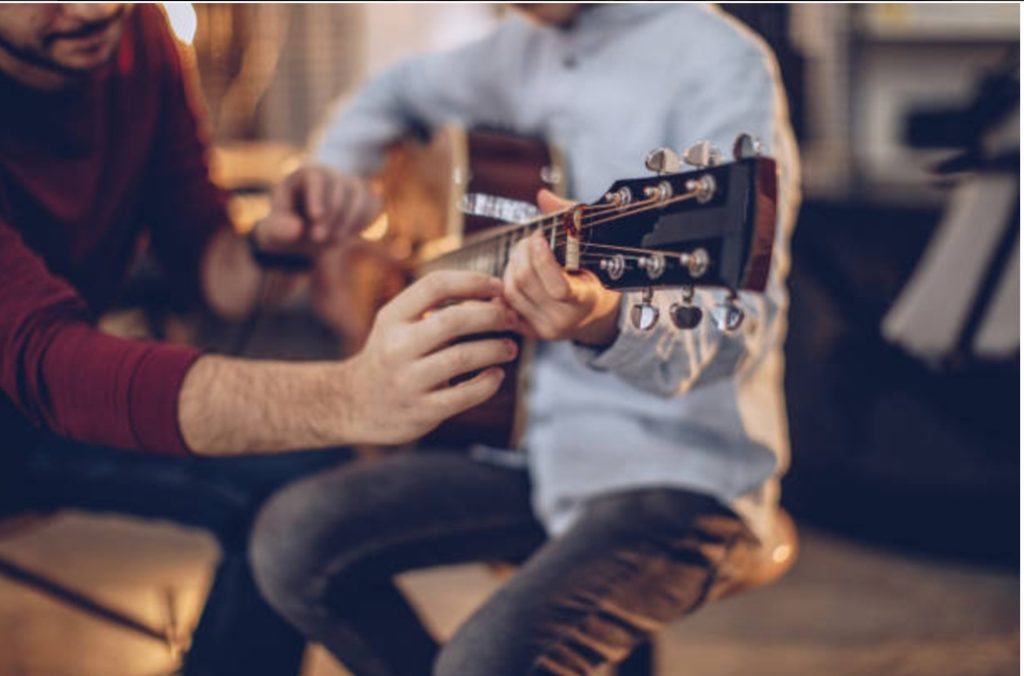Musical talent is like some people’s exclusive gift, making them good at playing instruments or singing. While some might think that musical talent shows up naturally, the reality is that it takes a lot of hard work and devotion to become countless at music. This article will focus on how practice development is important in enhancing musical skills and using talent development strategies like thoughtful practice to develop one’s musical capabilities.
Understanding Musical Talent
Musical talent is often seen as something you are born with, known as innate musical ability. However, more than having natural talent is needed to succeed in music. What truly makes a musician great is the effort they put into practice development. Through constant practice and fundamental talent development strategies, rare talent can be advanced into actual skill, letting musicians reach their full potential in the music world.
Science Behind Practice and Skill Development
- Deliberate practice is a dedicated way of practicing that aims to improve specific skills.
- Studies have exposed a strong relationship between the hours of practice and the level of musical skill.
- Neuroplasticity is the brain’s ability to regroup based on experience, meaning that through reliable practice, the brain can physically change and familiarize itself to become more skilled in music.
Types of Practice Techniques
- Blocked practice, where you focus on one skill at a time, can help you master specific techniques efficiently.
- Random practice, mixing various skills in a session, promotes better retention and adaptability.
- Mental practice, visualizing playing without physical practice, can enhance performance.
Each technique has benefits and disadvantages in developing musical talent, with celebrated musicians like Mozart and Yo-Yo Ma using these methods to control their craft.
Setting Goals, Structuring Practice Sessions, and Overcoming Challenges
Setting clear and achievable goals is dynamic for efficiently binding musical talent. To structure practice sessions for maximum improvement, consider breaking down goals into smaller tasks, focusing on fundamentals, and incorporating varied exercises. Maintaining motivation and discipline requires creating a routine, rewarding progress, and staying inspired by listening to music. When facing challenges like plateaus, seek new challenges, adjust practice routines, and seek feedback from mentors or peers to navigate obstacles and continue on the path of practice development toward honing musical skills.

Practice Impact on Music Performance & Balancing Creativity
Consistent practice is like a key that unlocks the potential of musical talent, enhancing musical performance over time. Through dedicated practice, musicians like Beethoven and Bach have achieved legendary status, attributing their success to disciplined training. The evolution of musical talent is evident in the transformation brought about by rigorous practice regimens.
Balancing technical proficiency with artistic expression is crucial; while practice hones skills, creativity infuses performances with emotion. Musicians like Jimi Hendrix and Adele exemplify this balance, showcasing both technical skill and expressive artistry in their music.
To Sum Up
The practice is the cornerstone in nurturing musical talent, shaping it into refined skill over time. Aspiring musicians are encouraged to embrace deliberate practice on their journey towards musical excellence. The transformative power of consistent and focused practice development cannot be overstated, as it paves the way for growth and mastery in music. By committing to strategic talent development strategies and dedicating themselves to continuous improvement, musicians can unlock their full potential and create impactful, resonant music.
Do you share a passion for music? MyBlogMedia welcomes music enthusiasts of all levels! Whether you’re a seasoned musician or simply enjoy listening to music, our platform offers insightful articles, inspiring stories, and a space to connect with like-minded individuals.



